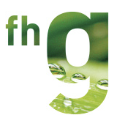Detailed introduction of Health University of Applied Sciences Tyrol:
Introduction
The Health University of Applied Sciences Tyrol is located in Innsbruck, Tyrol, Austria. The university focuses on academic training and education in the field of health care, adding important strength to the education field in Tyrol and is committed to cultivating professionals in the health care industry.
Overview
Student size: The university is relatively small, with about 750 students.
Course settings: A variety of bachelor's and master's programs are offered. Bachelor's programs include biomedical sciences, nutrition, medical care, rehabilitation therapy, midwifery, occupational therapy, ophthalmic optics, physical therapy, radiology technology, sign language interpretation and other majors, all of which are three years long. The master's programs include quality and process management in the healthcare field, as well as professional courses such as advanced midwifery practice, advanced physical therapy practice, biomedical sciences, clinical nutrition, and medical education.
History and establishment time
The school was established in 2006 and is a relatively young academic institution in Tyrol and even in Austria.
School strength
Faculty: It has an experienced team of teachers and scientists who can provide professional guidance and training to students to help them master the practical skills, scientific knowledge, social skills and personal qualities required by the medical and health industry, so as to better adapt to the requirements of future career development.
Teaching resources and facilities: The school is equipped with complete teaching facilities, such as laboratories, treatment rooms, special research hardware and software, and libraries with online access to numerous databases and journals, which provide strong support for students' learning and research.
International cooperation: Actively participate in international exchange projects, such as the EU's Erasmus+ program. The school has established cooperative relations with many partner institutions in many European countries, providing students and faculty with a broad international exchange platform, enabling them to gain in-depth understanding of the international medical and health and education systems.
Institutional nature
The school is a non-profit public university of applied sciences.
Educational philosophy
Adhering to the humanistic worldview, advocating forward-looking thinking, emphasizing independent action and a high sense of social responsibility. Not only focusing on the imparting of knowledge, but also committed to integrating the concepts of health promotion and lifelong learning throughout the entire process of education and teaching, paying attention to students' professional development and personal growth, and cultivating students' comprehensive quality and social adaptability.
Key laboratories and disciplines
Key disciplines: Biomedical sciences, medical care, rehabilitation therapy, nutrition and other majors are the school's key disciplines. These disciplines are closely centered on the core needs of the medical and health field, providing students with systematic professional education and practical training, enabling them to have solid professional knowledge and skills in related fields.
Key laboratories: The school has multiple laboratories. Although it is not clear whether they are key laboratories, these laboratories are The laboratory provides an important platform for students' practical operations and scientific research projects, helping students to combine theoretical knowledge with practice and improve their ability to solve practical problems.
Department
The school does not clearly divide the departments, but from the perspective of professional settings, it mainly conducts teaching and research activities around medical and health-related professional fields. For example, the Department of Biomedical Sciences covers biomedical-related professional courses; the Department of Medical Nursing includes various nursing majors and related practical courses.
Ranking
The specific ranking of the school in the comprehensive ranking of internationally renowned universities has not been found, but it has a certain reputation and influence among the universities of applied sciences in Austria.
Expenses
Undergraduate courses: Tuition fee per semester is approximately 363.36 euros.
Master's courses: Tuition fee per semester is approximately 726.72 euros.
Campus
Location: Located in Innsbruck, the capital of Tyrol, the city has beautiful scenery and profound cultural heritage. It is also one of the important tourist and cultural centers in Austria, providing students with a wealth of cultural and entertainment activities.
Environment and facilities: The campus environment is beautiful and the academic atmosphere is strong. In addition to teaching facilities, the school also provides students with good living facilities and learning environment, such as libraries, student dormitories, restaurants, etc., to meet students' learning and living needs.
-

Graz University of Technology
-

University of Linz
-
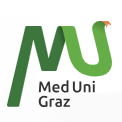
Medical University of Graz
-

University of Leoben
-
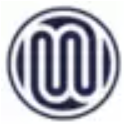
Medical University of Vienna
-
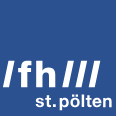
St. Pölten University of Applied Sciences
-
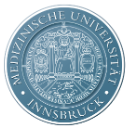
Innsbruck Medical University
-
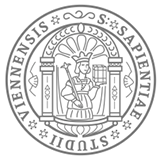
University of Vienna
-
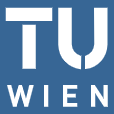
Vienna University of Technology
-

University of Natural Resources and Applied Life Sciences, Vienna
-

Mesoamerican University
-

Istmo University
-

Mariano Galvez University of Guatemala
-

Regional University of Guatemala
-

Galileo University
-

Francisco Marroquín University
-

Rafael Landívar University
-

University of the Valley of Guatemala
-

University of San Carlos of Guatemala
-

Technological Institute of Tlaxcala Plateau
-

Golfo University
-

Technological University of South Sonora
-

Technological University of Huejotzingo
-

Tizimín Institute of Technology
-

Chilpancingo Institute of Technology

